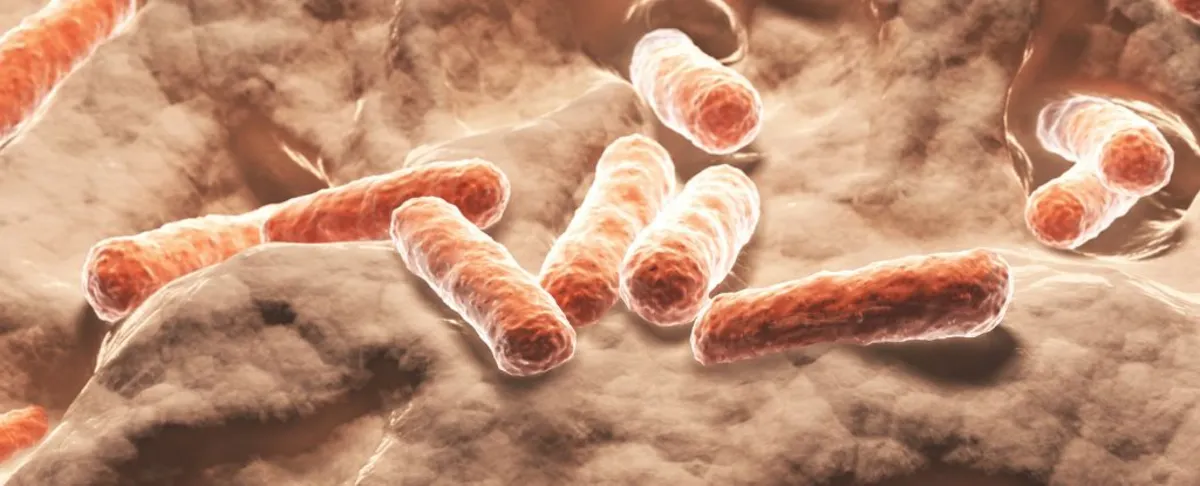
Recent studies suggest that scientists may have discovered a natural method to regulate blood sugar levels and curb sugar cravings, akin to the effects of medications like Ozempic. The breakthrough, which emerges from research conducted by a team at Jiangnan University in China, revolves around a specific gut microbe and the metabolites it produces during digestion. By enhancing the population of this advantageous gut microbe in diabetic mice, the researchers demonstrated the ability to stimulate the secretion of glucagon-like peptide-1 (GLP-1).
GLP-1 is a hormone naturally produced by the body that plays a crucial role in managing blood sugar levels and promoting feelings of fullness. The secretion of GLP-1 is triggered by certain foods and gut microbes. Notably, the mechanisms by which GLP-1 operates are mimicked by pharmaceutical drugs such as semaglutide, the active ingredient in Ozempic. Individuals suffering from type 2 diabetes often experience impaired GLP-1 functionality, which complicates their blood sugar control. This is precisely why GLP-1 agonists like Ozempic have proven effective in treatment.
A growing body of research indicates that our cravings for specific dietary components originate from signals sent by the gut, which serves as a pivotal organ in shaping dietary preferences. Despite this knowledge, the specific genes, gut flora, and metabolites involved in regulating sugar preferences remain largely unknown. The recent findings highlight that certain gut microbes, particularly Bacteroides vulgatus, along with their metabolites, may significantly influence a person's inclination towards sweet foods.
In controlled experiments, researchers observed that when mice were unable to produce a gut protein known as Ffar4, the populations of B. vulgatus in their intestines dwindled. This reduction consequently led to decreased secretion of a hormone called FGF21, which is closely related to sugar cravings. Studies involving GLP-1 agonists revealed that these medications effectively stimulate FGF21 production in mice, demonstrating a direct link between gut health and sugar craving regulation.
Human studies further support these findings. Research involving a blood analysis of 60 participants with type 2 diabetes and 24 healthy controls indicated that mutations in the Ffar4 gene, which reduce FGF21 production, are associated with a heightened preference for sugar. This insight is crucial, as it suggests a significant connection between genetic factors, gut microbiome composition, and the development of diabetes.
Excitingly, the research team discovered that administering a metabolite from B. vulgatus to mice not only enhanced GLP-1 secretion but also triggered increased FGF21 release. This dual action led to improved blood sugar control and a reduction in sugar cravings among the mice. While it remains to be determined whether these results will translate to human subjects, the authors of the study assert that their findings provide a promising strategy for diabetes prevention.
This groundbreaking research has been published in Nature Microbiology and marks a significant step forward in understanding how gut microbiota can be leveraged to manage blood sugar levels and reduce sugar cravings effectively.